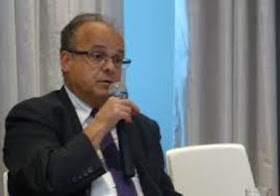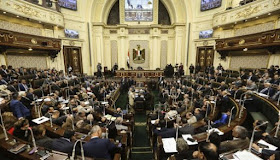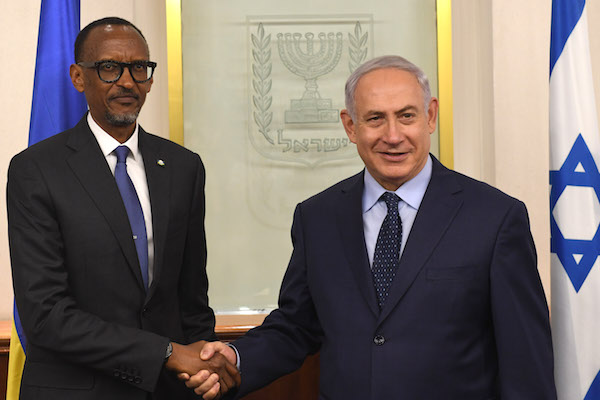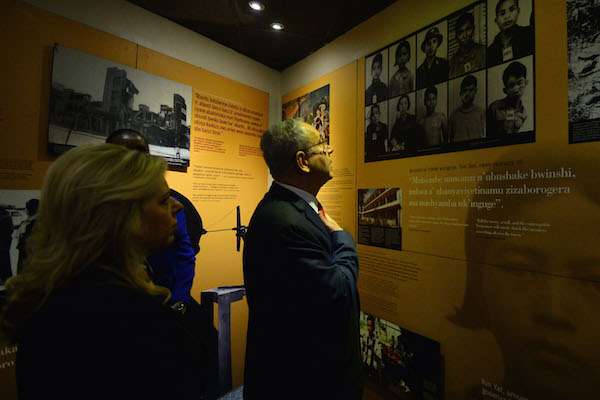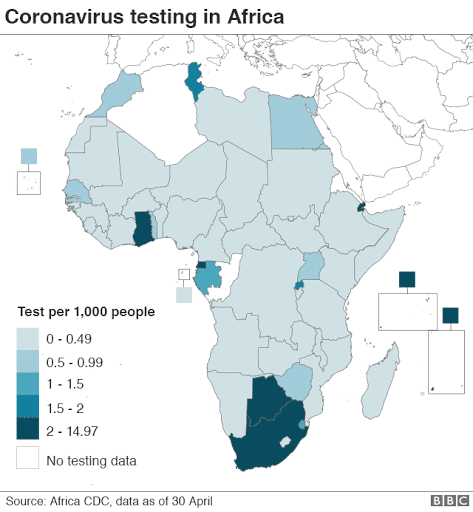The
stench of the CIA and its covert operations in oil-rich Libya has long followed
General Khalifa Haftar. But now another intelligence organization is being tied to the controversial military officer as accusations of extensive
dealings with the Mossad are being levied against him by an Israeli journalist, who claims that Haftar met with members of the Israeli outfit in Cairo from 2017 to 2019.
It is not the first time Haftar has been linked to the apartheid state. In 2017, the General reportedly
coordinated with the Israeli Defense Forces IDF to bomb military positions of the so-called Islamic State inside Libya. Two years earlier, in 2015, the
Jerusalem Post published an account from an unnamed Arab newspaper asserting that Haftar planned to meet Israeli officials during a visit to the capital of Jordan and struck a deal with them to exchange oil and arms for help in his push for power.
The latest claims of Haftar’s Israeli links also involve the United Arab Emirates (UAE), which is said to have mediated the meetings between the commander of the Libyan National Army and two Israeli assets
named by the anonymous source as Ackerman and Mizrachi. The source, in fact, dates Haftar’s connections to the Jewish state as far back as 2011 when the Israeli Air Force ostensibly coordinated with the Libyan strongman to target jihadist groups who had flooded the country in the wake of Gaddafi’s U.S.-sponsored murder.
Adding to the intrigue are parallel claims that Iran – Israel’s sworn enemy in the region – has also been providing Haftar with military aid in his campaign to topple the UN-recognized Government of National Accord (GNA) in Tripoli, running counter to official reports coming out of Iran
declaring its support for the GNA.
These accusations are coming from none other than the Israeli envoy to the UN, who accused Tehran of supplying advanced weapons systems to Haftar, calling it a “grave violation of Security Council resolution 2231 (2015),” which attempts to halt the “supply, sale or transfer of arms” from Iran.
Allies in the desert
Iran, for its part, denies these allegations. In a joint press conference held by Iranian
Foreign Minister Javad Zarif and his Turkish counterpart,
Mevlut Cavusoglu last month, Zarif stated that Iran wanted to “have a political solution to the Libyan crisis to end the civil war” and both reiterated their support for the GNA. Iran contends that Haftar’s main allies, such as the UAE and Saudi Arabia, are Iran’s enemies and it would, therefore, make no sense for them to support him in any way, as this would only increase the influence of the Gulf states in the region.
But the turmoil in Libya coupled with its immense deposits of oil and strategic geopolitical significance make Haftar a magnet for a plethora of interests vying for some measure of influence over whichever faction ends up assuming control of the country. Indeed, there is practically no country with any precedent in Libya that has not been caught trying to gain Haftar’s favor or better.
At the top of the list is the United States. When Haftar betrayed the man he had helped put in power back in 1969, it was in Langley, Virginia – a stone’s throw away from CIA headquarters – where Haftar
resided for two decades, plotting the overthrow of the “Brother Leader.” So it is perhaps not too surprising that a man known to be an asset of the only superpower operating in the region would attract the favor of more than one suitor, in spite of any differences between them.
Israel’s interest
What is undeniable, however, is Israel’s burgeoning intention to build stronger alliances with Sunni states like the UAE, Saudi Arabia and Egypt – all of whom are strong supporters of General Haftar. In addition, Israel has historically cultivated relationships with African despots and helped execute coups throughout the continent. Both during the conflicts that bring them to power and once installed, these authoritarian regimes help to put Israel among the top ten arms dealers in the world.
The more successful Israel is in currying favor with the Gulf states and its Arab partners, the less need there will be for any pretense to hide its role in the ongoing reconfiguration of the Middle East and Africa. In June, the deputy prime minister of the eastern Libya-based government, Abdul Salam al-Badri, was
reported to have sought the support of Israeli Prime Minister, Benjamin Netanyahu, saying that Libya has “never and will never be enemies of Tel Aviv.” For the moment, such open gestures of friendship with the apartheid state are still too distasteful to be uttered in public, and al-Badri was forced to deny the report after his remarks caused an uproar in Libya.

